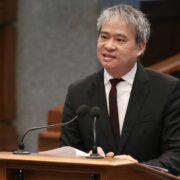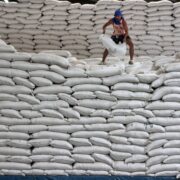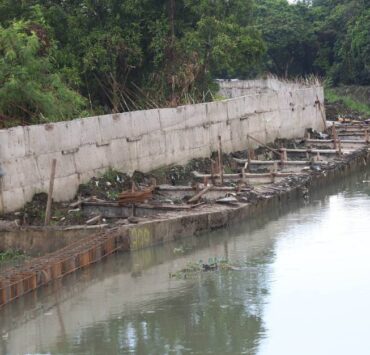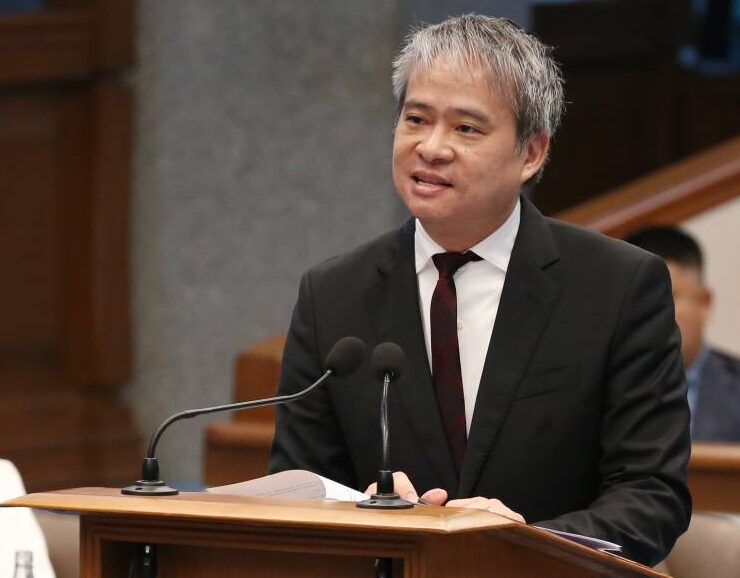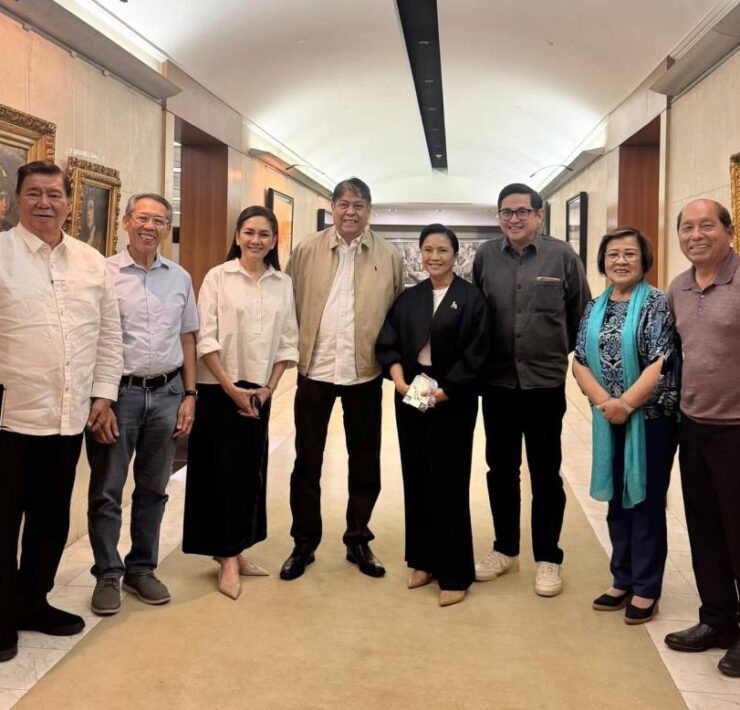Agri chief now says rice tariff law ‘threatens to kill’ farm sector
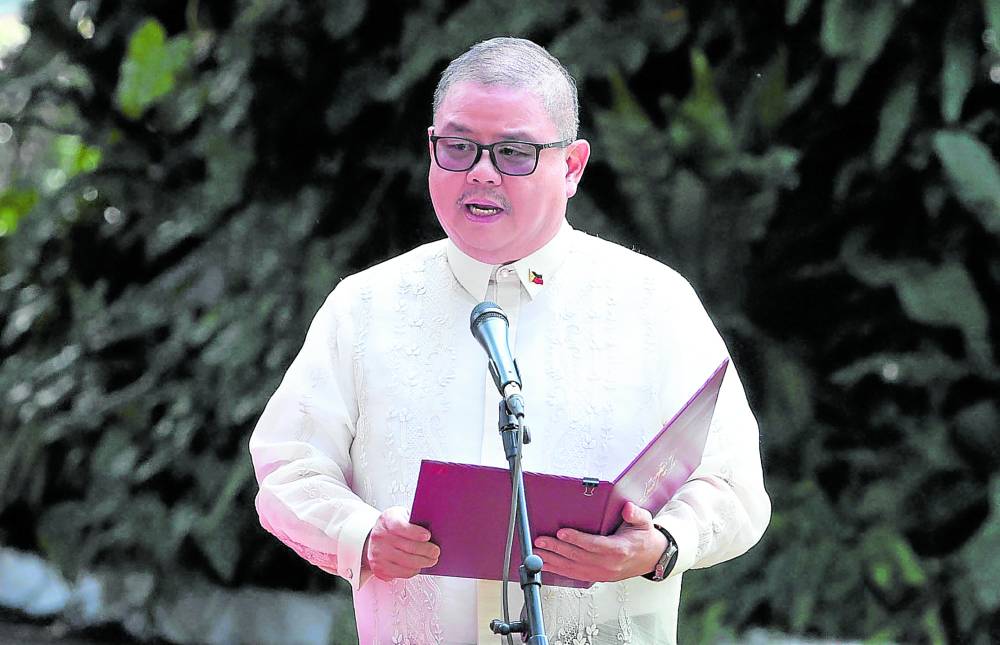
Agriculture Secretary Francisco Tiu Laurel Jr. on Wednesday pushed for the amendment of the Rice Tariffication Law (RTL), saying it now “threatens to kill” the rice sector.
Speaking at the hearing called by the Senate committee on agriculture, food, and agrarian reform, Tiu Laurel said the government lacked not only resources but also legal tools to truly transform the agriculture sector.
It is high time that the government revisit, amend, and where necessary replace laws that “no longer serve” farmers and consumers alike, he stressed.
“Foremost among these is the [RTL]. Though crafted with noble goals, I have to admit, it has faltered. By fully liberalizing rice imports, it unintentionally undermined the Department of Agriculture (DA) and the National Food Authority (NFA)—stripping us of the ability to intervene and protect this most vital of commodities,” he said.
“As currently written, the Rice Tariffication Law does not reform the rice industry—it threatens to kill it,” he added.
High prices
The RTL, or Republic Act No. 11203, was signed by former President Rodrigo Duterte into law in 2019.
It liberalized rice imports by removing quantitative restrictions on rice trading and levied an import tax on foreign-sourced grain.
Instead of setting import limits, the law liberalized importation at a minimum tariff of 35 percent on shipments from members of the Association of Southeast Asian Nations and 40 percent from other countries.
The law also stripped the NFA of authority to regulate the local rice market.
In exchange, tariff collection from rice imports would finance the various programs of the Rice Competitiveness Enhancement Fund (RCEF) in order to boost farmers’ productivity and increase their income.
It was also expected to raise their competitiveness through farm mechanization, seed development and credit access.
An amended RTL was signed in December last year, authorizing the President to suspend or prohibit further importation for a limited period or a specified volume until rice prices and supply stabilize.
It also increased to P30 billion, from the original P10 billion, the annual allocation from the import tariff collections for the RCEF.
Proponents of the law assumed that supply will increase and eventually bring down prices.
President Marcos signed Executive Order No. 62 in June 2024 to slash the tariff to 15 percent until 2028 in a bid to make rice cheaper in the markets.
The President recently enforced a 60-day import ban on rice staple to protect farmers from cheaper imports and stabilize palay prices, but the cost of the staple in retail markets remained high.
NFA powers
For the farmers, the effect was a slump in the price of the palay harvest from P23.17 in January this year to P16.99 by June, according to the Philippine Statistics Authority.
The Federation of Free Farmers estimated their losses at P54.5 billion in the first half of 2025, due to falling farm-gate prices.
The key amendment sought by the DA is the restoration of the various regulatory powers of the NFA, from import licensing to warehouse inspection, which the RTL had removed.
Tiu Laurel said the law had weakened state control over rice imports as it allowed private traders to import freely since the NFA was stripped of its power to regulate imported and local rice prices.
Farmers’ groups have long been pressing the government to reinstate the NFA’s regulatory functions, saying the agency must do more than simply maintain the country’s buffer stock of locally sourced palay.
In August 2023, President Marcos expressed his support for amending the RTL to restore the NFA powers during a meeting with the Philippine Council for Agriculture and Fisheries.
LGU code revision
Tiu Laurel earlier said the “fighting target” for enacting proposed amendments was before the next rice harvest season, which begins in March next year.
Apart from the RTL, Tiu Laurel said the Local Government Code also needed to be revisited.
He said the code “took from the [DA] the very foot soldiers” that it needs to win “against hunger,” referring to the agency’s agricultural extension workers.
“Without them, the [DA] is just an office full of officers like generals, colonels, or majors without soldiers on the ground to fully implement its plans and vision for an agri-secure Philippines,” the secretary said.
Under the law, agricultural extension and on-site research services and facilities fall within the purview of local governments. They include personnel involved in the prevention and control of plant and animal pests and diseases; dairy farms; livestock markets, and animal breeding stations.
They also cover artificial insemination centers, technology transfers and assistance to farmers and fishermen’s organizations. —WITH A REPORT FROM JORDEENE B. LAGARE





